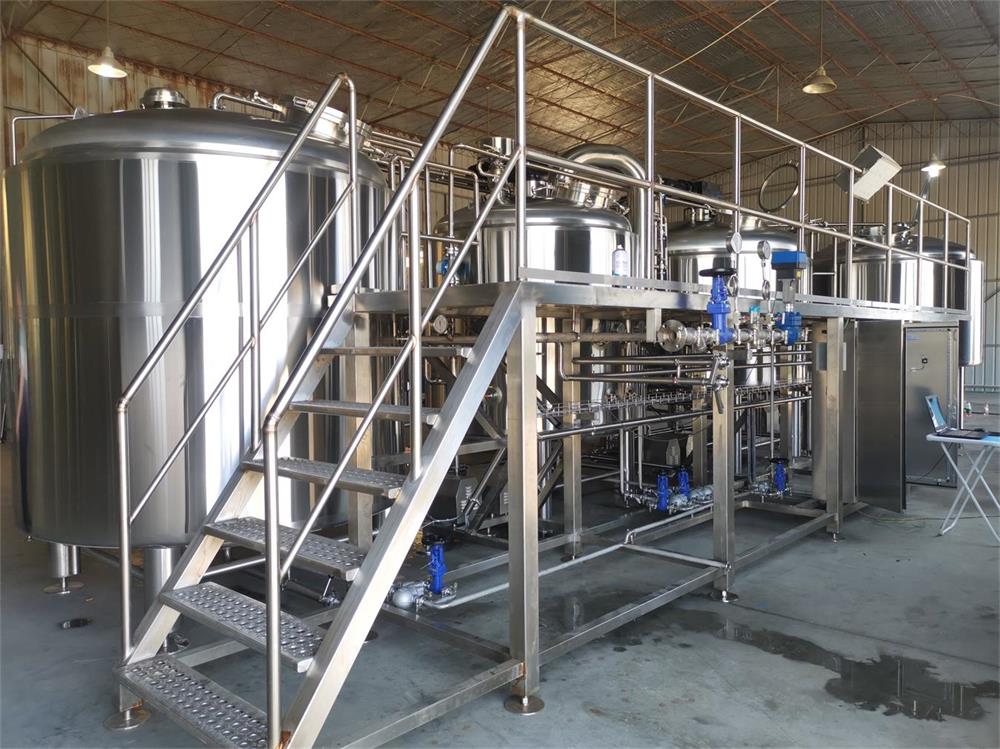Commercial Brewing Equipment UK
What is Commercial Brewing Equipment UK?
Commercial brewing equipment refers to the specialized machinery and tools used by breweries to produce beer at scale. Unlike home brewing setups, commercial equipment is designed to handle larger volumes, adhere to regulatory standards, and ensure consistency in quality. In the UK, brewing has deep roots, with traditions dating back centuries. Today, the demand for commercial brewing equipment spans across microbreweries, craft brewers, and large-scale producers catering to both local and international markets.
Think of it like baking bread. Sure, you can bake a loaf at home with basic tools, but if you’re running a bakery serving hundreds of customers, you’ll need industrial ovens and mixers to keep up with demand. Commercial brewing equipment plays that same role for beer makers.
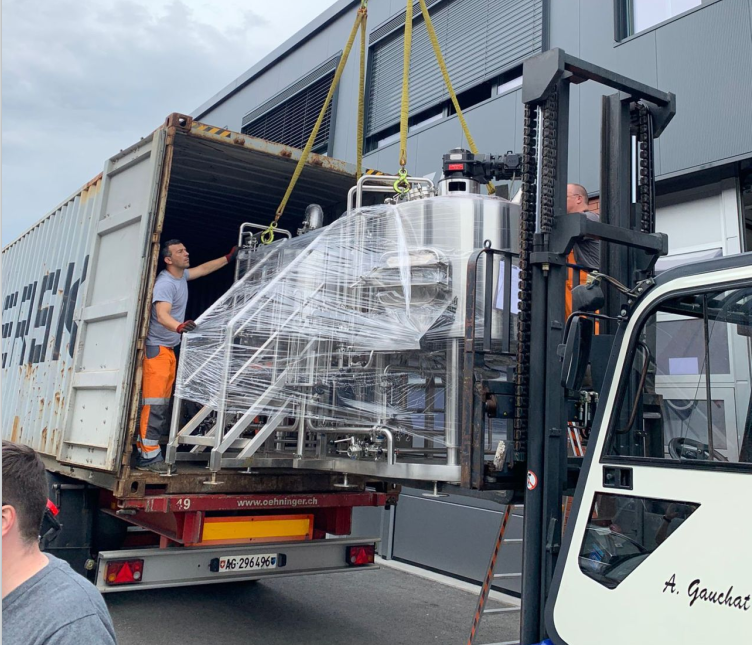
The Main Components of Commercial Brewing Equipment UK
When breaking down the machinery, each piece of equipment serves a vital function. Here’s a detailed look at the core components:
1. Mash Tun
This is where the brewing process begins. A mash tun mixes malted grains with hot water to extract sugars, forming the wort. Think of it as steeping tea on a much larger scale.
2. Lauter Tun
Once the mash is ready, it’s transferred to the lauter tun. Here, the liquid wort is separated from the grain husks. Precision is key in this step to ensure clear wort production.
3. Boil Kettle
The wort is boiled to sterilize it and concentrate the sugars. Hops are added during this phase to infuse flavor and aroma.
4. Fermentation Tanks
The cooled wort is transferred to fermentation tanks where yeast is added. This is where the magic happens—sugars are converted into alcohol and CO2.
5. Bright Tanks
Post-fermentation, the beer is conditioned and carbonated in bright tanks. This ensures it’s ready for packaging and serving.
6. Cooling Systems
Temperature control is critical in brewing. Cooling systems help maintain optimal temperatures during fermentation and storage.
7. Cleaning Systems
Brewing equipment must be meticulously cleaned to prevent contamination. Automated cleaning-in-place (CIP) systems streamline this process.
Differences in Demand for Commercial Brewing Equipment UK Among Breweries of Different Scales
Breweries in the UK come in all shapes and sizes, and their equipment needs vary dramatically.
1. Microbreweries
Microbreweries, often producing less than 1,000 hectoliters annually, prioritize flexibility. Compact equipment with multi-functional capabilities is a popular choice. These setups allow brewers to experiment with different styles and recipes without breaking the bank.
2. Craft Breweries
Craft breweries sit somewhere between microbreweries and large-scale operations. They typically focus on artisanal, high-quality beers and require equipment that balances production volume with versatility. Mid-sized fermentation tanks and semi-automated systems are common.
3. Large-Scale Breweries
Larger breweries focus on mass production, requiring high-capacity equipment. Fully automated systems, large fermentation tanks, and advanced filtration units are standard. These setups ensure consistent quality across vast quantities.
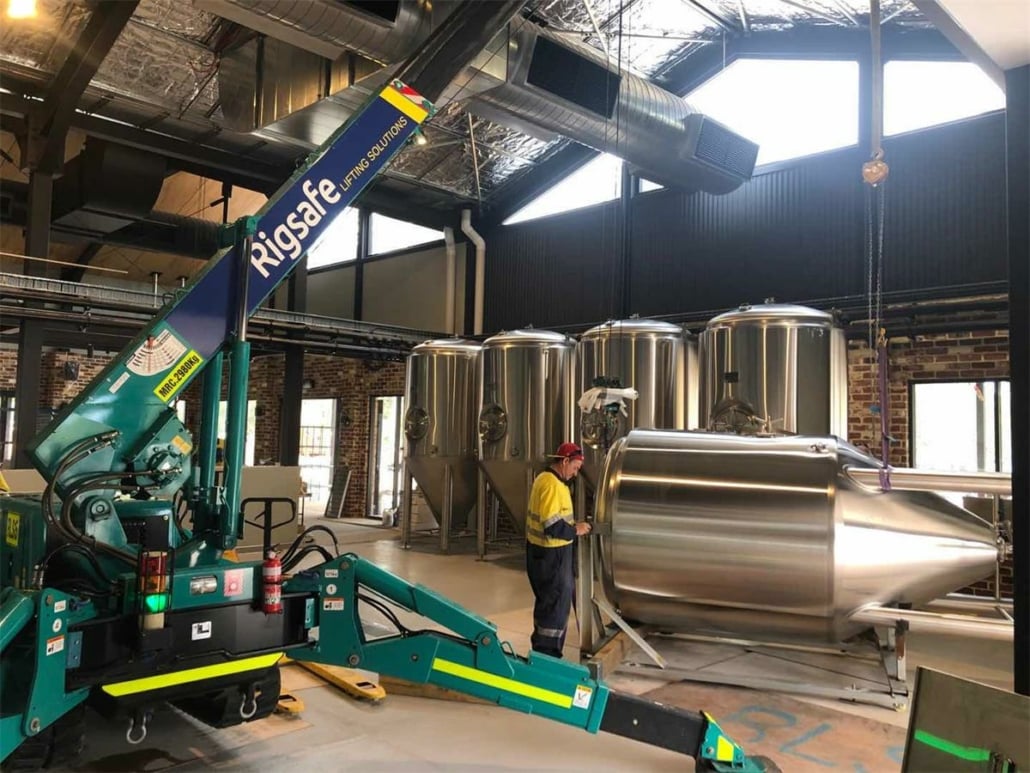
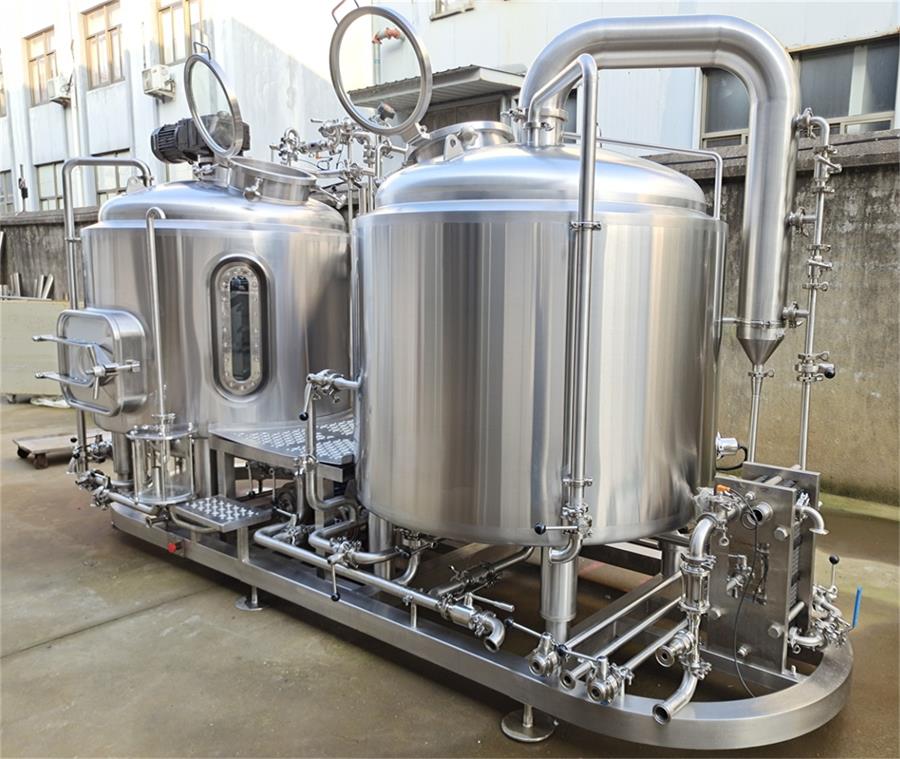
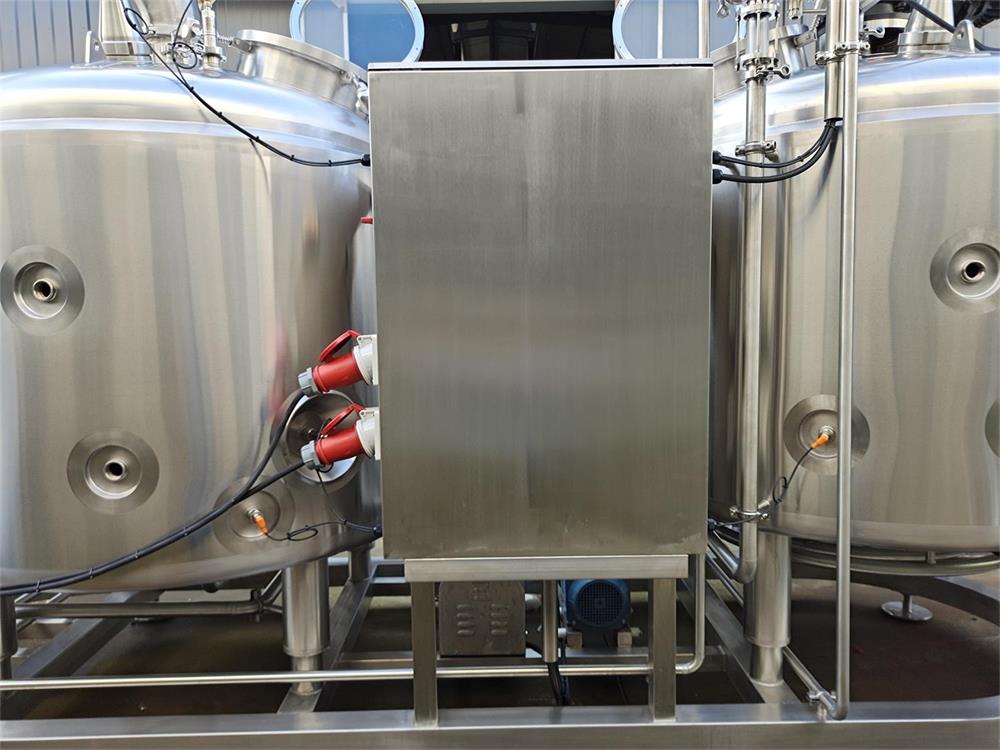
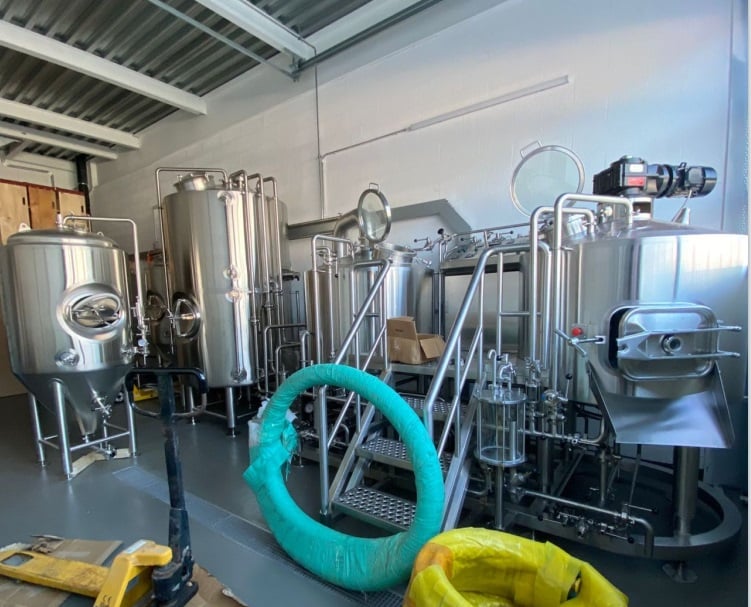
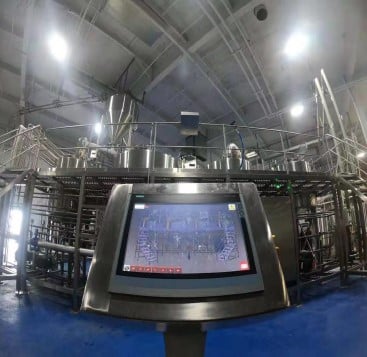

Recommendations and Advantages of Local Commercial Brewing Equipment in the UK
| Recommendation | Advantages |
|---|---|
| Purchase from UK manufacturers | Support local businesses, reduce shipping costs, and access tailored solutions. |
| Look for energy-efficient systems | Lower utility costs and reduce environmental impact. |
| Seek modular systems | Flexibility to expand your brewery as your business grows. |
| Opt for stainless steel materials | Durability and resistance to corrosion ensure longevity. |
| Choose suppliers with after-sales service | Reliable maintenance and troubleshooting support. |
Typical Cost Range of Commercial Brewing Equipment
The cost of brewing equipment can vary significantly depending on the size, scale, and level of automation. Here’s a rough breakdown:
| Brewery Scale | Cost Range (GBP) |
|---|---|
| Microbrewery | £10,000 – £100,000 |
| Craft Brewery | £100,000 – £500,000 |
| Large-Scale Brewery | £500,000 – £2,000,000+ |
Keep in mind, additional costs such as installation, training, and maintenance should also be factored in.
The Difference Between New and Used Commercial Brewing Equipment
| Aspect | New Equipment | Used Equipment |
|---|---|---|
| Initial Cost | Higher upfront investment | More affordable |
| Warranty | Comes with manufacturer warranty | Limited or no warranty |
| Customization | Fully customizable to your needs | Limited to existing specs |
| Maintenance | Minimal maintenance required initially | May require repairs or upgrades |
| Availability | Longer lead times for delivery | Immediate availability |
Top Commercial Brewing Equipment in the UK
The UK market is home to some of the top suppliers and manufacturers of brewing equipment. Here are a few standouts:
1. BrewDog
Known for their innovative approach, BrewDog offers custom-designed brewing systems that cater to craft breweries.
2. Vigo Ltd
Vigo specializes in brewing, packaging, and cider-making equipment. They’re a trusted name for both startups and established breweries.
3. SSV Limited
SSV is renowned for stainless steel vessels and turnkey solutions, providing everything from mash tuns to fermentation tanks.

FAQ
| Question | Answer |
|---|---|
| What size brewing system do I need for a microbrewery? | Typically, a system with a 5-10 barrel capacity is ideal for microbreweries. |
| How long does it take to install commercial equipment? | Installation can take anywhere from 4-8 weeks, depending on the system size. |
| Can I finance brewing equipment? | Yes, many suppliers offer financing or leasing options to spread the cost. |
| What’s the lifespan of commercial brewing equipment? | With proper maintenance, equipment can last 10-20 years or more. |
| Is UK-manufactured equipment better than imported? | UK equipment often offers better after-sales service and shorter lead times. |
Share this entry
Interested in learning more about Brewing Systems including additional details and pricing information? Please use the form below to contact us!
YOLONG BREWERY EQUIPMENT FAQS
- Commercial Brewery / Craft Brewery / Microbrewery / Nanobrewery
- What is The Difference Between Craft Beer and Industrial Beer?
- The Bespoke Differences In Custom Brewing Systems
- Everything You Need to Know About Kettle Souring
- How to Choose Brewing Equipment for Your business?
- How To Choose The-Best Partner To Build Your Commercial Microbrewing System?
- Two Detection Sensors That You Need To Use In Your Brewhouse System
- Remote Control Applications in Brewing Equipment/How does it work?
- How To Clean Your Brand New Brewery Tanks?

